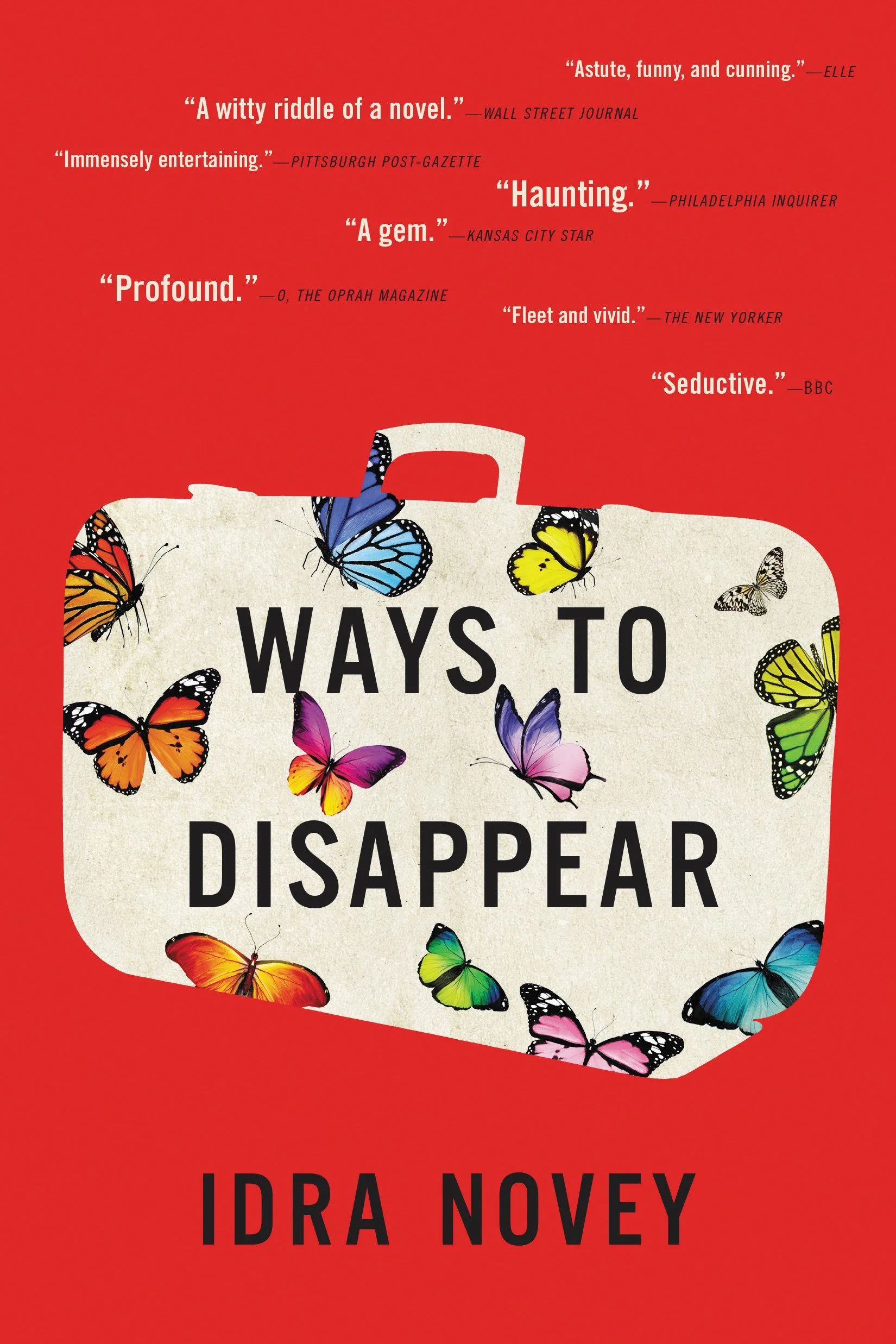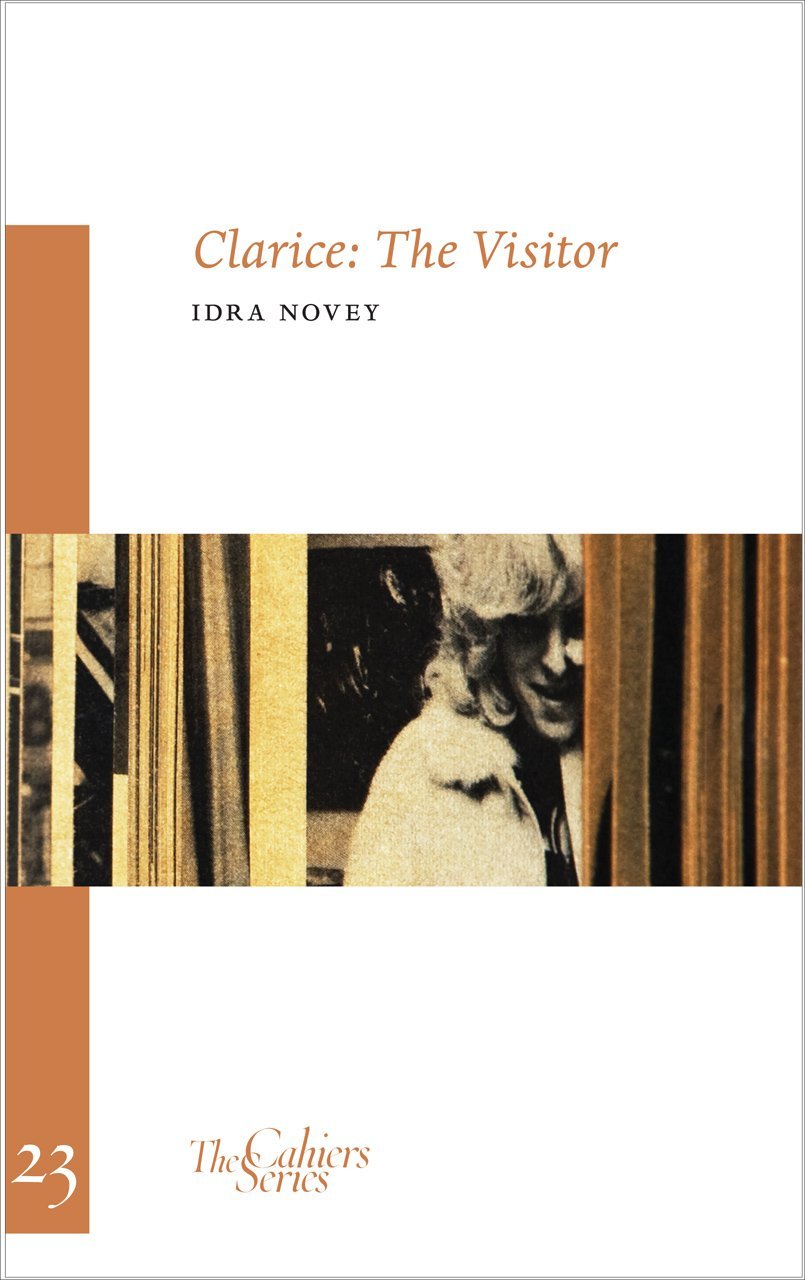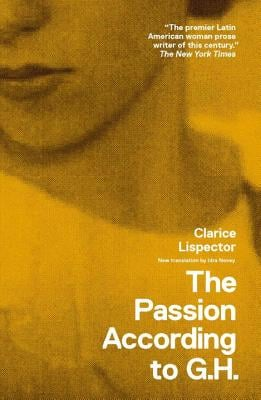Idra Novey is a highly acclaimed novelist, poet, and translator. Her most recent novel is Take What You Need (Viking Books, 2023), which the New York Times called “impressive.” She is also the author of Those Who Knew, (Penguin Books, 2019), a finalist for the 2019 Clark Fiction Prize, a New York Times Editors’ Choice, and a Best Book of the Year with over a dozen media outlets, including NPR, Esquire, BBC, Kirkus Review, and O Magazine. Her first novel Ways to Disappear (Little, Brown and Company, 2016), received the 2017 Sami Rohr Prize, the 2016 Brooklyn Eagles Prize, and was a finalist for the L.A. Times Book Prize for First Fiction. Her first book of poetry in over a decade, Soon and Wholly, will be published by Wesleyan University Press in September 2024. Her other poetry collections include Exit, Civilian (University of Georgia Press, 2012), selected for the 2011 National Poetry Series by Patricia Smith, The Next Country (Alice James Books, 2008), a finalist for the 2008 Foreword Book of the Year Award, and Clarice: The Visitor (Cahier Series with Sylph Editions, 2014), a collaboration with the artist Erica Baum. Her fiction and poetry have been translated into a dozen languages and she’s written for The New York Times, The Los Angeles Times, New York Magazine, and The Paris Review.
She is the recipient of awards from the National Endowment for the Arts, Poets & Writers Magazine, the PEN Translation Fund, and the Poetry Foundation. Her works as a translator include Clarice Lispector’s novel The Passion According to G.H. and a co-translation with Ahmad Nadalizadeh of Iranian poet Garous Abdolmalekian, Lean Against This Late Hour, a finalist for the PEN America Poetry in Translation Prize in 2021.
In an interview with the novelist Maaza Mengiste, Mengiste asked how Novey’s work as a poet and translator influences how she uses form in her novels. Novey responded, “I’ve been interested in writing fiction and plays since high school, but for a decade or so my writing life was primarily focused on poetry and translation, which significantly shaped my instincts about form and about the possibilities of what a novel might contain, It is a slow way to proceed with a novel, trying to chisel each sentence like an end-stop line in a poem, but that’s my process.”
Novey lives in Brooklyn, NY and teaches fiction at Princeton University.









